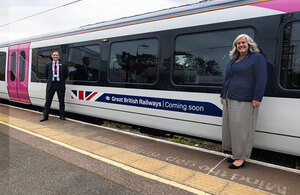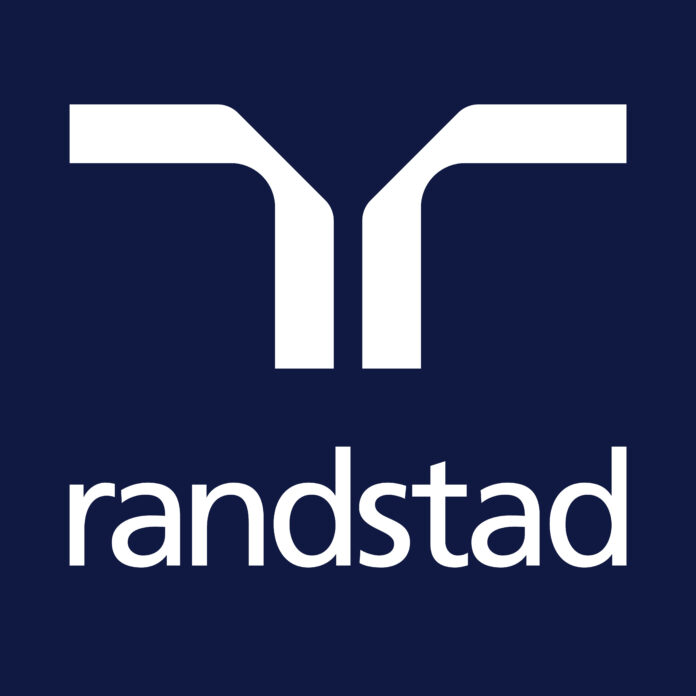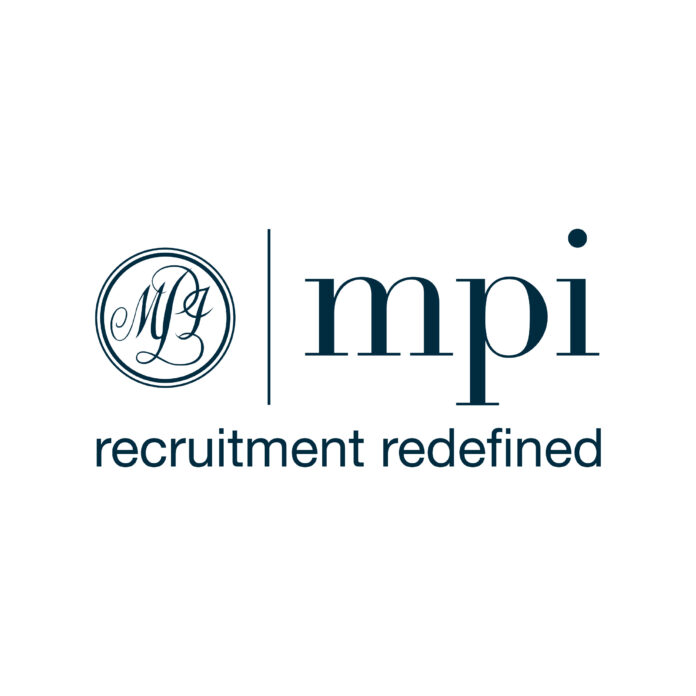Passengers travelling across London and Essex will experience publicly-owned train services from this Sunday, 20th July 2025, as c2c becomes the latest operator to be brought under public ownership. This move forms part of the government’s broader plans to restore pride in the UK’s railways.
From Sunday, services operating between Fenchurch Street and Shoeburyness will transition into public hands. This marks the second operator whose services have been brought into public ownership under new legislation, and the sixth operator to be run by the Department for Transport Operator (DFTO). With this addition, approximately four in ten passenger journeys across the UK will now be under public ownership. C2c joins a growing roster that includes Northern, TransPennine Express, Southeastern, LNER, and South Western Railway.
This shift represents another significant step towards the creation of Great British Railways (GBR). GBR aims to unite track and train under a complete reset, establishing a high standard of service and delivery for the public. The government hopes this will encourage more people to choose rail, driving growth and opportunity as part of its Plan for Change.
C2c has consistently been rated as one of the best-performing operators in the country, recently achieving high customer satisfaction ratings of 89%. It also supports thousands of jobs and drives economic growth from London to Essex. Under public ownership, the government expects c2c to continue to thrive, engaging closely with local communities, sharing best practices with other operators, and working towards a more efficient railway network with passengers at its core.
The transition to public ownership is intended to place passengers back at the heart of the rail network. For instance, passengers can already use their tickets on other publicly-owned operators at no extra cost during disruption. In the North, passengers are now making journeys across Northern and TransPennine Express with a single booking, with over 15,000 journeys estimated to have been booked this way since June 2024. Furthermore, by working with Network Rail, Southeastern has increased capacity to popular seaside destinations during the summer months, allowing more passengers to travel by train to beaches like Margate, Whitstable, and Herne Bay.
The government highlights that two-thirds of Britons have already expressed support for public ownership. This approach is projected to save taxpayers up to £150 million annually in fees alone, ensuring that every penny can be reinvested for the direct benefit of passengers.
Transport Secretary Heidi Alexander said: “Whether you’re shopping in Lakeside or walking along the beach in Southend-on-Sea, from this Sunday you will be able to get there on a train service run by the public, for the public. Public ownership is already tackling deep-rooted problems we see on the railway that’s led to spiralling costs, fragmentation and waste. A unified network under Great British Railways will take this further with one railway under one brand with one mission – delivering excellent services for passengers wherever they travel.”
This move follows the passing of the Public Ownership Act in November 2024, which enables passenger services operating under contracts with the department to be brought into public ownership.
Rob Mullen, Managing Director of c2c, said: “At c2c, we are proud of the reliable and high level of service we offer our passengers, consistently being rated as one of the best performing operators in the country. We now have a golden opportunity to collaborate with the wider family of publicly owned operators, sharing our successes and best practice, but also learning from a wide range of different and diverse operators who have already benefited from public ownership, to drive even more improvements for the people and places we all serve. A unified and focused railway can deliver more for our communities, including better growth, jobs and houses. If we are thriving as a train operator it helps our communities to thrive. This is the positive feedback loop we are excited to deliver, supported by better and closer collaboration with our partners in the lead up to GBR.”
Earlier in May, South Western Railway’s services were the first to come into public ownership under the new legislation. C2c’s will follow as the second this Sunday, with Greater Anglia’s services set to be brought in next on 12th October. The Railways Bill, which will be introduced to Parliament later this year, will enable the formal establishment of Great British Railways. This means passengers will eventually travel on GBR trains, running on GBR tracks, adhering to a GBR timetable.
In the interim, publicly owned operators will be required to meet rigorous performance standards and earn the right to be called ‘Great British Railways’. These public sector operators will be set bespoke standards on key metrics such as punctuality, cancellation rates, and passenger experience, all aimed at rebuilding a world-class public service. The specific details of these standards will be outlined in due course.





